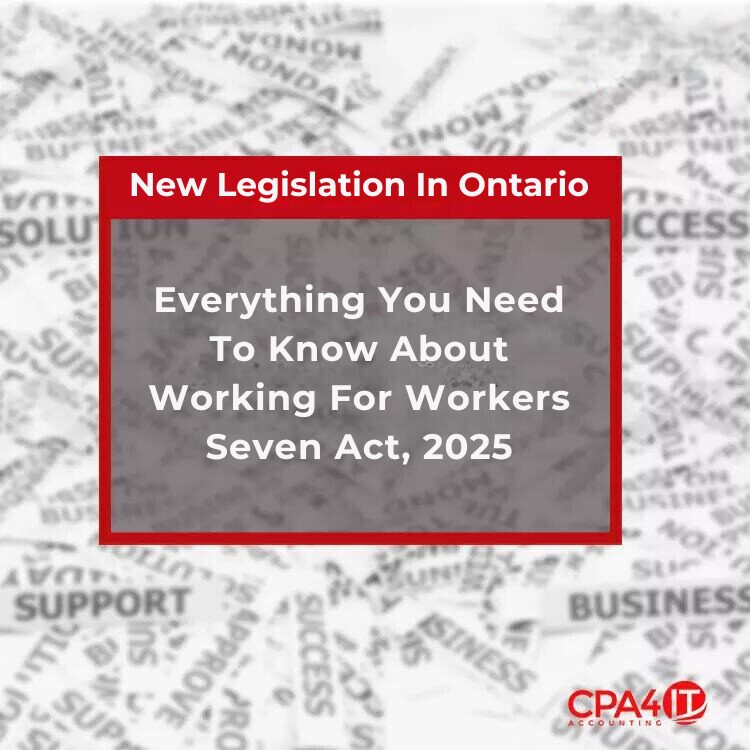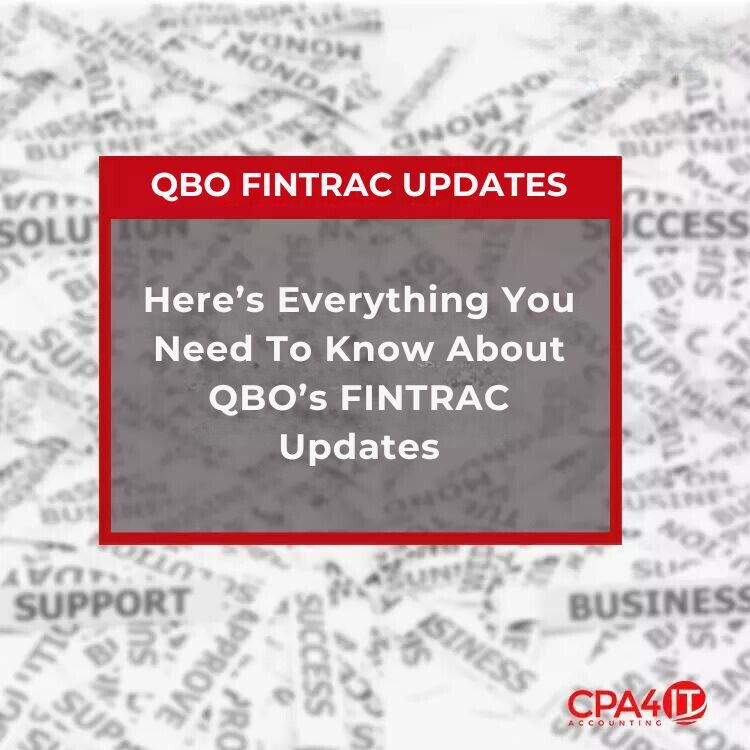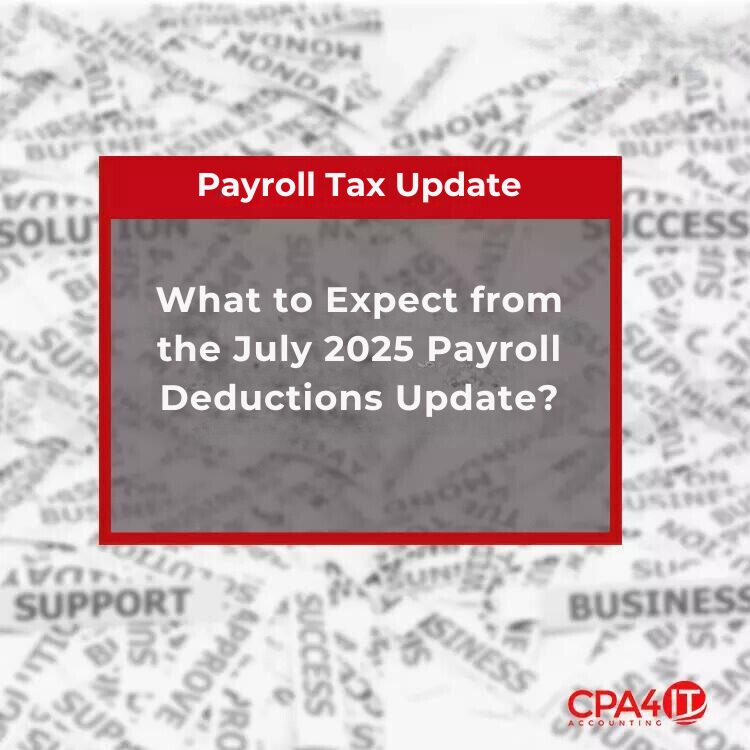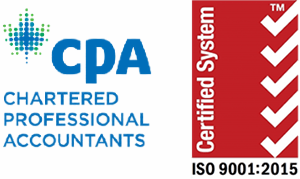Individuals resident in Canada for only part of a year are taxable in Canada on worldwide income only for the period during which they were resident.
Personal tax credits, miscellaneous tax credits, and the dividend tax credit are subtracted from tax to determine the federal tax liability.
It is first important to remember that the term “resident of Canada” for immigration purpose and for tax purposes may not have the same meaning. You may be considered a resident of Canada for tax purposes even though you are not yet a resident of Canada for immigration purposes. Whether you are resident in Canada or not for income tax purposes will depend on your particular facts.
Determine if you have residential ties with Canada
The most important thing to consider when determining your residency status in Canada for income tax purposes is whether or not you maintain, or you establish, residential ties with Canada.
Significant residential ties to Canada include:
- a home in Canada
- a spouse or common-law partner in Canada
- dependents in Canada
Secondary residential ties that may be relevant include:
- personal property in Canada, such as a car or furniture
- social ties in Canada, such as memberships in Canadian recreational or religious organizations
- economic ties in Canada, such as Canadian bank accounts or credit cards
- a Canadian driver’s license
- a Canadian passport
- health insurance with a Canadian province or territory
To determine residence status, all of the relevant facts in each case must be considered, including residential ties with Canada and length of time, object, intent, and continuity while living inside and outside Canada.
Your residency status if you entered Canada
If you left another country to settle in Canada and you established significant residential ties with Canada becoming a resident of Canada in the tax year, you may be considered an immigrant
If you have ties in a country that Canada has a tax treaty with and you are considered to be a resident of that country, but you are also a factual resident of Canada because you established significant residential ties with Canada, you may be considered a deemed non-resident of Canada. The same rules apply to deemed non-residents as non-residents of Canada
If you have not established significant residential ties with Canada to be considered a factual resident, but you stayed in Canada for 183 or more days in the year, you may be considered a deemed resident of Canada (the sojourner rule)
There are significant differences between the U.S. and Canada with regard to taxation.
U.S. citizens have a number of possible income tax scenarios arising from employment in Canada.
Tax Differences Between Canada and the U.S.
Income tax in Canada is assessed upon residents, those who work in Canada while maintaining residential ties, which has a rather broad and flexible definition. The U.S. bases taxation on both residence and citizenship.
This difference leads to a number of situations, but as a bottom line, a U.S. citizen generally files a U.S. tax return every year, regardless of residential arrangements.
Canada and the U.S. have an agreement that exempts a U.S. citizen from being taxed by the U.S. on income earned and taxed in Canada. However, the exemption itself is driven by proper completion of the U.S. 1040 federal tax return.
Failure to timely and accurately complete the U.S. return may lead to double taxation, denial of legitimate expenses, interest charges and penalties on incomplete or inaccurate forms.
U.S. Citizens Residing in Canada
Generally, as a U.S. citizen living and working in Canada, you are taxed for money earned in Canada, whether from employment with a company operating in Canada, or investment interest from Canadian stocks, bonds or mutual funds.
Canadian residence is very flexible in definition. While there are many factors that may allow a taxpayer to claim Canadian residence for tax purposes, the most basic is how much time the taxpayer spends in Canada.
If it is more than 183 days in a calendar year, the person is likely considered a resident to the Canada Revenue Agency, particularly if the primary residence of that taxpayer is considered to be in Canada. It is important to note that CRA makes residency decisions on a case-by-case basis. If you are unsure of your residency status, contact CRA for assistance.
A Canadian resident must declare income from all world sources on a Canadian tax return.
US citizens, as well as permanent residents, are required to file expatriate tax returns every year regardless of where they reside. Along with the typical tax return for income, many people are also required to submit a return disclosing foreign assets which are held in bank accounts in foreign countries by using FinCEN Form 114 (FBAR).
The United States is among only a few governments who tax international income earned by their citizens, as well as permanent residents, residing overseas. There are, however, some provisions that help protect from possible double taxation. These include:
The Foreign Earned Income Exclusion. This exclusion allows one to exclude USD 101,300 (this amount is for 2016 taxes) in earned income from foreign sources
A tax credit allowing tax on remaining income to be reduced based on the taxes paid to foreign governments
An exclusion on foreign housing that allows additional exclusions from their income for some amounts paid to cover household expenses due to living abroad
Given the length of the shared border between the U.S. and Canada, daily commuters crossing the border to work are common, so it is possible for a U.S. citizen to be a U.S. resident while earning income in Canada.
A non-resident is usually required to pay Canadian tax only on Canadian sources of income; however, under the income tax treaty between Canada and the U.S., a worker may be exempt from Canadian taxation and may apply for exemption on withholding of tax from Canadian sources.
If the taxpayer is working in Canada, but for a U.S. company, and is paid by the U.S. company, employment income is exempt from Canadian taxation as long as the taxpayer is not residing in Canada.
DOUBLE TAXATION
Article XXIV of the Canada-U.S. Income Tax Convention of 1980 spells out rules related to circumstances where both countries may claim the right to tax the same income.
This article spells out the concept that a taxpayer pays income tax to and under the rules of the country of residence, unless the taxpayer has a fixed base in the other country. The fixed base could be an office or residence.
The rule of residence gives basic treaty protection from double taxation to a U.S. citizen working in Canada, though there are elections a taxpayer can make that remove treaty protection, such as when the taxpayer or spouse chooses to be taxed exclusively as a U.S. citizen.
When a U.S. citizen is obligated to pay taxes on the same income under both Canadian and U.S. returns, double taxation usually is eliminated on line 405 of the Canadian return, where the taxpayer can claim the foreign tax credit for taxes paid in the U.S. on income reported on a Canadian return.
Do you maintain your ties to the U.S.?
- A home in the U.S.
- Immediate family staying in the U.S.
- Any secondary ties to the U.S. (same as listed above)
That is what the Canadian government will look at in order to determine your residency status while in You will always be a resident of U.S., because in the eyes of the IRS, you are a resident of the United States based on your U.S. Citizenship. You would have to rescind your U.S. citizenship to get out of filing taxes on world-wide income with form 1040 every year to the IRS.
Many people do not know about the tax treaty. Many U.S. Citizens think that they are considered Canadian residents just because they work in Canada for more than 183 days and file a return.
If you are considered a Canadian resident, you are taxed on your world-wide income. You also have to report foreign assets if you have more than $100,000 CDN worth of property outside of Canada. Just like the FBARs in the U.S., the penalties for failing to report are huge. There are a few exceptions, but this should scare you. Canada.
Statement of Specified Foreign Financial Assets – Form 8938
A U.S. person who holds an interest in any specified foreign financial assets over specified threshold amounts must also file form 8938 with the tax return. Specified foreign financial assets include bank and securities accounts, foreign company pensions, foreign grantor trusts, interests in RRSP accounts, interests in controlled foreign corporations and other financial assets.
U.S. Corporate Rules Applicable to U.S. Citizens
(a) Controlled Foreign Corporations – Form 5471
Any US person (including someone who becomes a US person during the year) must include in current taxable personal income on his 1040, his distributive share of Subpart F income earned by a foreign controlled corporation during the year (subject to some deductions for qualifying deficits).
Subpart F income includes income of the foreign corporation which relates to passive activities like rents, interest and dividends (unless part of active business) illegal payments, bribes, etc., services rendered outside the foreign country, foreign personal holding company income, sales commissions earned for sales outside of the foreign country, etc. as defined below. Subpart F income does not include active business income from operation of a business in the foreign country.
The purpose is to include in US personal taxable income passive income of US persons which has been channeled through a foreign country.
In order to disclose all relevant information related to a Canadian Corporation, form 5471 must be filed each year with the shareholders income tax return. Form 5471 requires a comprehensive reporting of all transactions which have occurred within the foreign corporation during its last fiscal year. This means that a detailed report about balance sheet items, income statement items, and transactions with shareholders must be reported on a multi-page form, both in United States dollars and foreign currency. There are serious penalties for failure to file form 5471.
(b) Accumulated Earnings Tax
Under U.S. corporate law, companies which exceed certain threshold amounts of retained earnings are required to pay a 20% penalty tax on accumulated earnings. This law is contrary to the usual method of Canadian corporate tax planning, under which active business income earned in Canada are taxed at a very low rate and left in small companies retained earnings to accumulate indefinitely.
Since U.S. citizens living in Canada are required to apply U.S. law to corporations which they control, this favored method of tax planning in Canada is not available, and dividends must be paid out regularly to ensure that the Canadian corporation does not exceed U.S. accumulated earnings tax thresholds of $150,000 for professional, scientific and similar companies and $250,000 for other companies. Failure to do so will result in possible double taxation.






